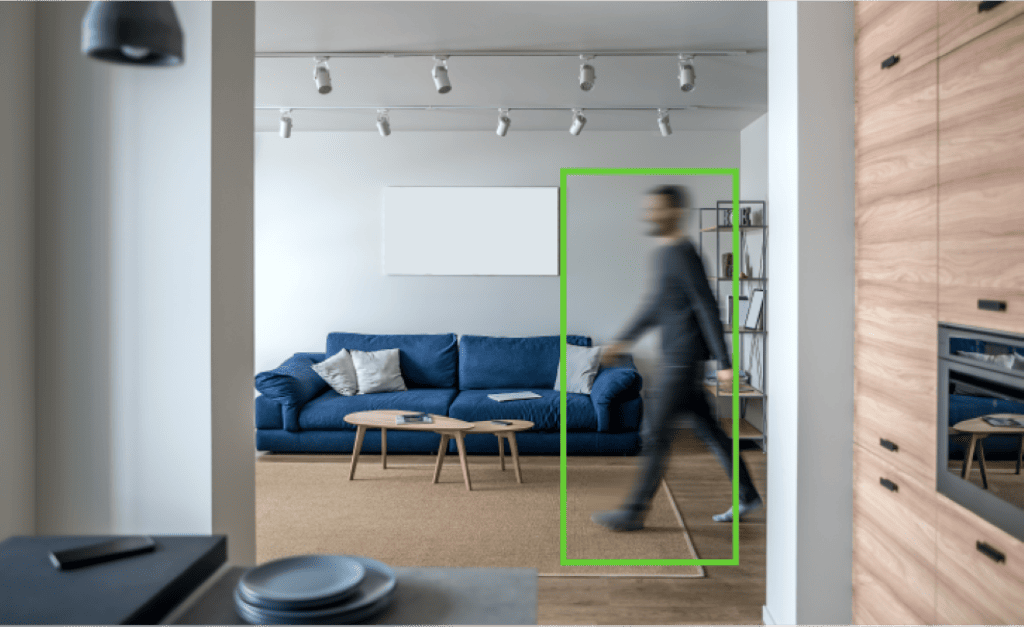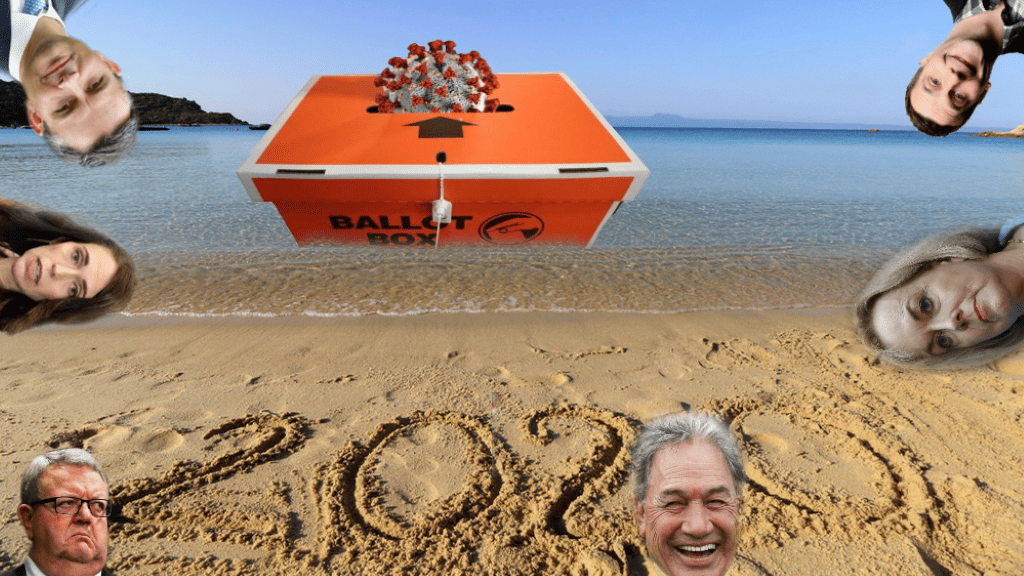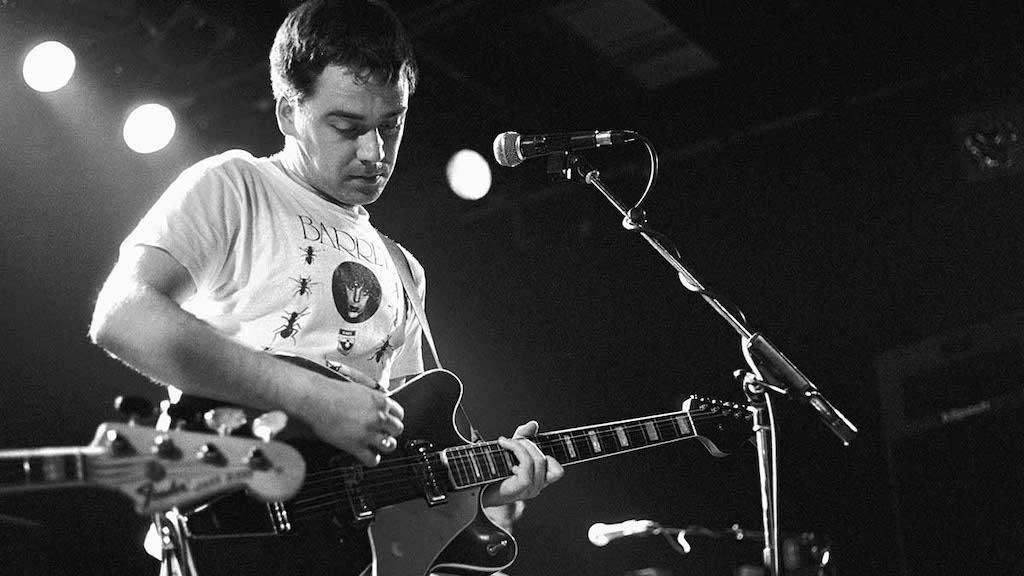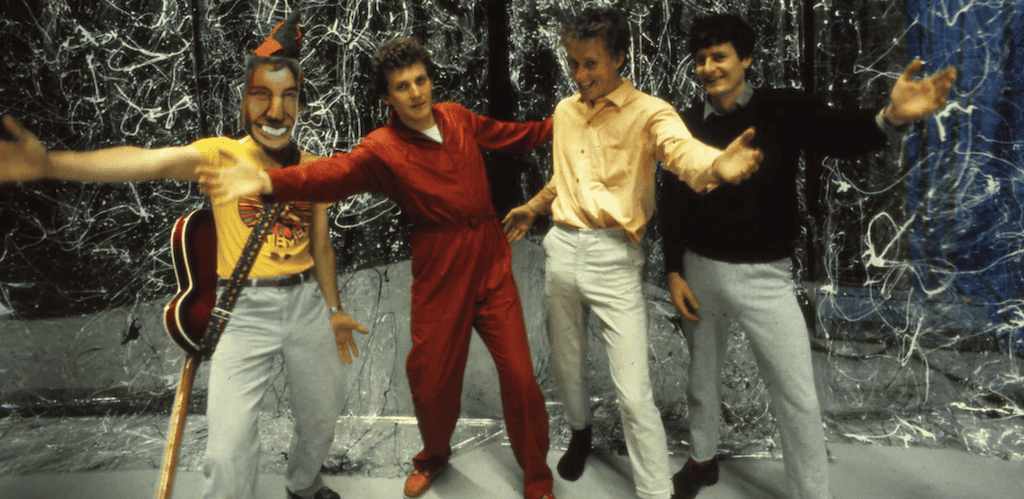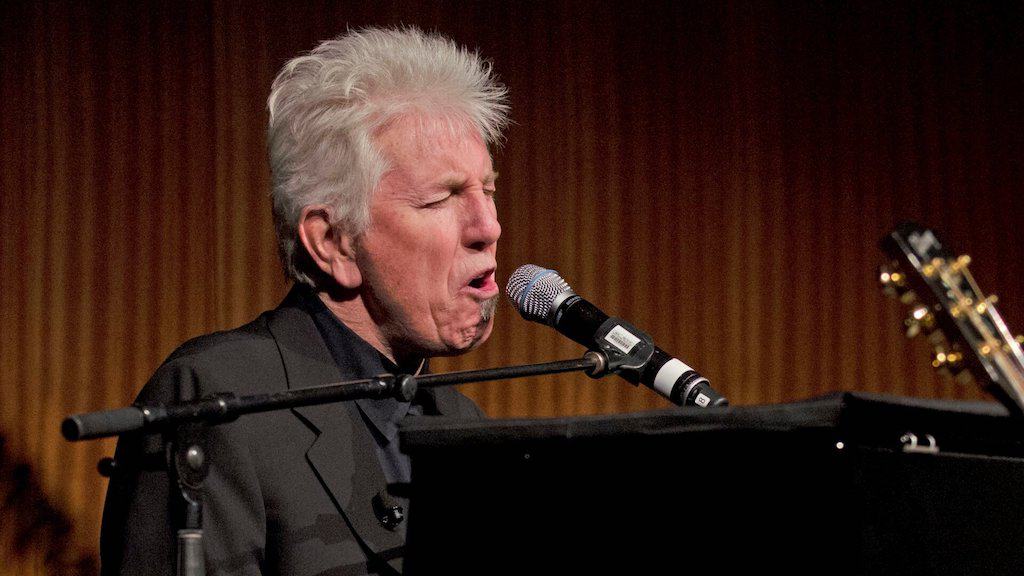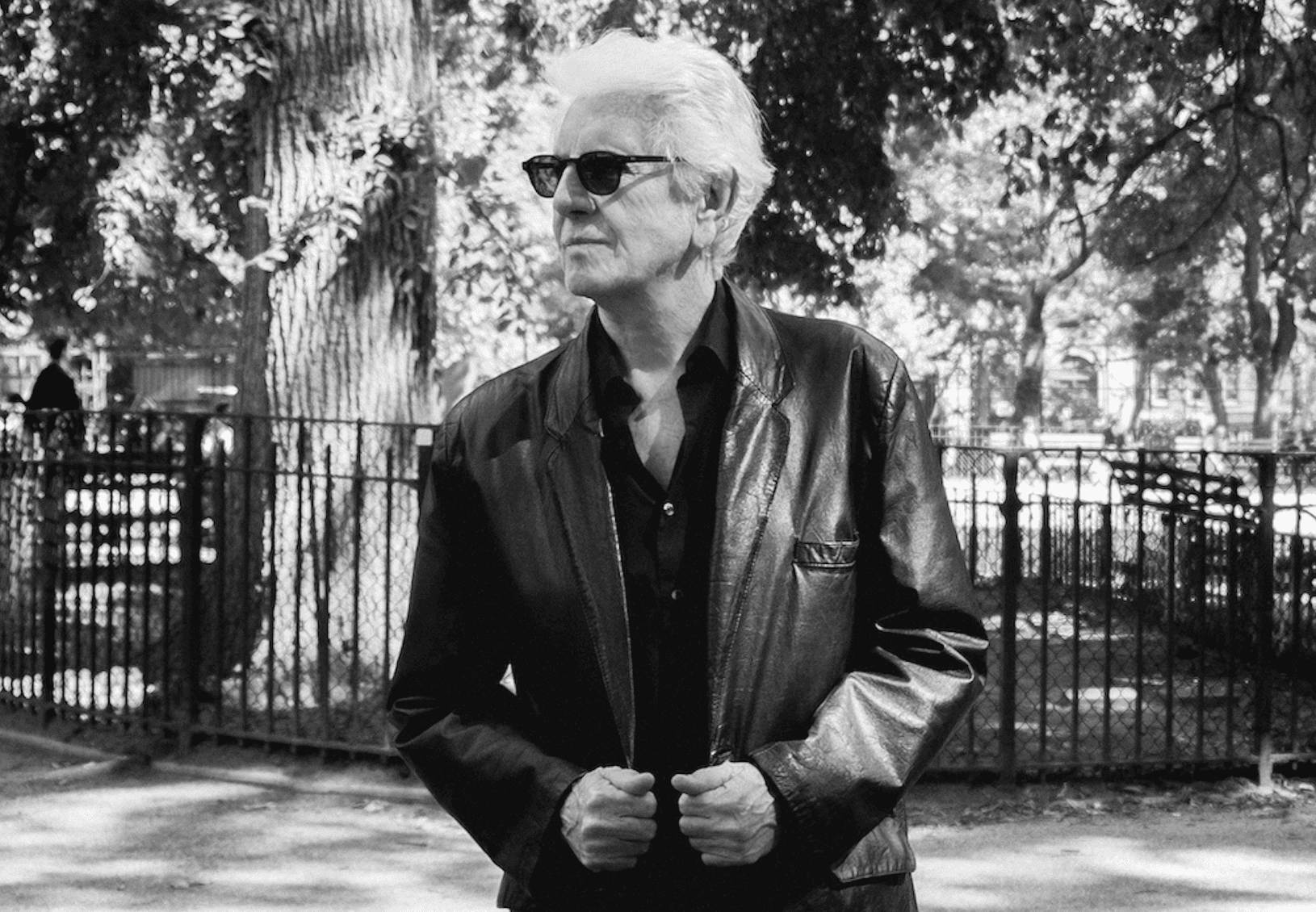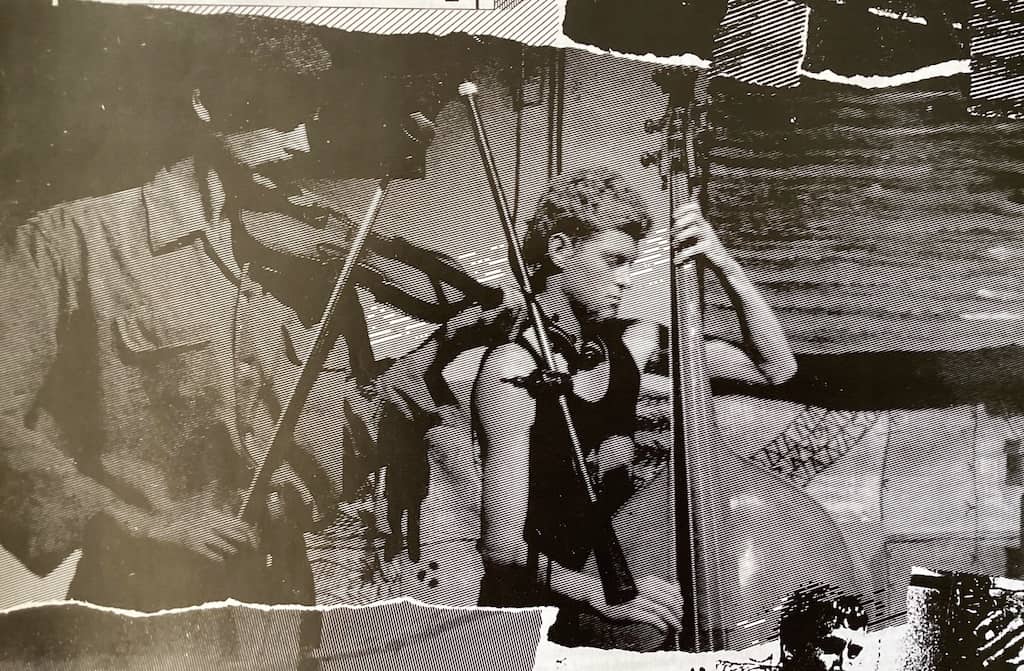In the latest instalment of Witchdoctor’s UNEXPURGATED series, RICHARD BETTS asks Nadia Reid the difficult questions.

The gods of Covid willing, two of New Zealand’s very best songwriters, Nadia Reid and Hollie ‘Tiny Ruins’ Fullbrook, play a pair of Auckland shows this week as part of their Reid and Ruins nationwide tour.
I spoke with Reid 18 months ago ahead of an appearance with the Auckland Philharmonia Orchestra. That interview is published here as part of Witchdoctor’s Unexpurgated series, where you can also find a chat with Hollie Fullbrook.
Richard Betts – I recently watched you sing ‘Amazing Grace’ on Instagram. Was the church part of your upbringing at all?
Nadia Reid – No, it wasn’t. I was raised by a very alternative mother, a bit of a hippy. I spent a bit of time in the church but not currently. I feel like I’m still figuring it out, without wanting to go into it. But I adore gospel music, and ‘Amazing Grace’ is a beautiful song. And I just learnt a gospel song called ‘Welcome Table’, which I’ve been playing live a bit.
Would you like to support our mission to bring intelligence, insight and great writing to entertainment journalism? Help to pay for the coffee that keeps our brains working and fingers typing just for you. Witchdoctor, entertainment for grownups. Your one-off (or monthly) $5 or $10 donation will support Witchdoctor.co.nz. and help us keep producing quality content.
It’s really easy to donate, just click the ‘Become a supporter’ button below.
Richard – You sang in a choir as a kid, is that right?
Nadia – I was reminded of my high school teacher the other week because I auditioned for a special choir, I think I was in year 10, and I didn’t make it in. It’s something I’ve never been able to forget [laughs]. I remember seeing her years and years later and she extended a special invitation to join, but by then… [laughs] I think by then I was just coming into my singing time. I was quite shy and probably couldn’t sing very well.
Richard – You were shy but did you always know you could sing?
Nadia – My mum recalls and my grandma, who’s now passed away, recalled me singing a lot as a young girl. Silly songs. I feel like singing comes quite easily. I still don’t think of myself as a proper singer. By that I mean I find it quite hard sometimes to sing other people’s songs, and I find it hard sometimes to harmonise, and I don’t read music. I do get quite shy when it comes to collaborating with people I don’t know. I am a singer but I’m just still working it out.

Richard – You mentioned your teacher didn’t let you into the choir, but what about other teachers? Would they be surprised at your career or is it something they could have predicted?
Nadia – I think my music teacher, John Dodd [head of music at Logan Park High School, Dunedin], I was probably a bit of a pain for him because I was so focused at high school.
Richard – There’s always one person at school whose musical gift stands out. Were you that person?
Nadia – I think by the time I got to year 11, 12 and 13 it was starting to be a main focus. I was well supported at school and at home as well. [Music] was one of the only things I was achieving in really. I was able to do performance music at high school and I think I got Excellence at that. And other than English, it really was the only thing I got an Excellence in.
Richard – You once told a journalist that anyone who dates a musician or songwriter is kind of fucked. I believe you’re recently married – congratulations. Does Angus know what he’s in for?
Nadia – Well, sometimes I cringe at the things I’ve said to journalists before. I feel like I’m getting better at blending the things that are real and the things that I’ve just made up. I was at a Tami Neilson show about a year ago and on her most recent album she’d written a song about her husband. She said it took about 10 years to write one song. Most of my romantic songs are about the ending of things. Maybe they’ll be interesting in 10 years. But no, I married someone who really fits in well with my life and my lifestyle, so he’s doing all right. He’ll be fine.
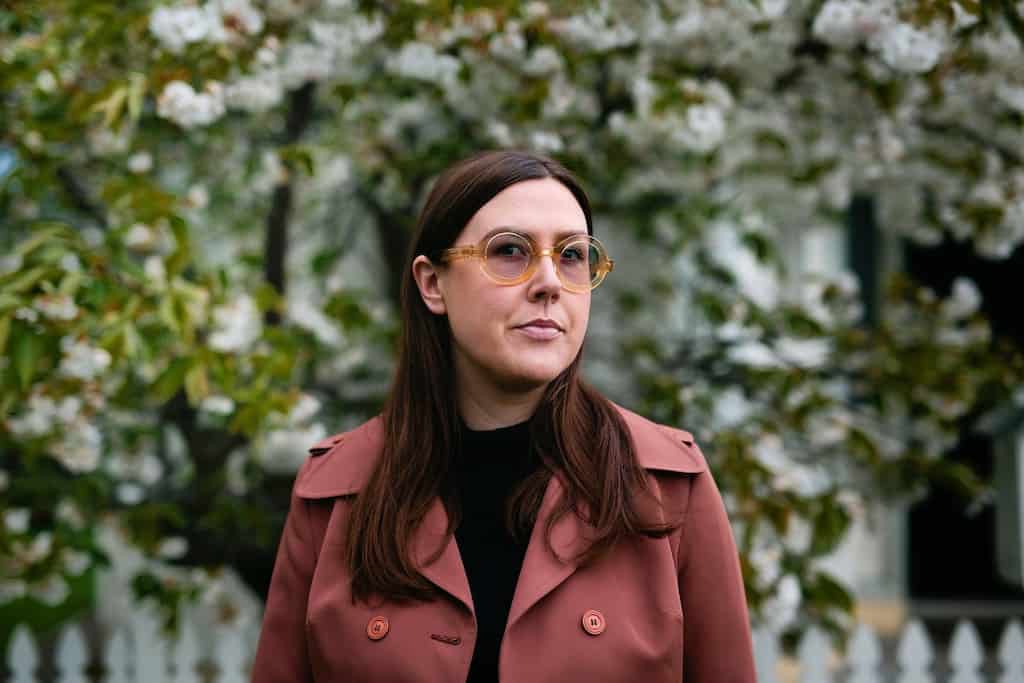
Richard – You say you write songs about the ends of relationships, are you able to separate the circumstances of writing a song from the performance of it? A song like ‘Richard’ [from Reid’s second album, Preservation], for example.
Nadia – Now, with time past? Yeah, definitely. I think we have to reinvent meanings for songs that were so potent in the beginning. Both of the records I’ve put out, all of those songs were emotionally potent when they were written and then by the time you’re in the studio and you’ve played them over and over again, it’s like hearing a word 20 times, it does start to fade. But I think also there’s something special in that because you do have to dig a little deeper, or you just go through the motions and hope someone’s getting something from it, even if you have to pretend or try to remember.
Richard – Is it cathartic or are you past that point by the time you come to perform those songs?
Nadia – It depends. It depends on a lot of things, on where we are and the environment. Sometimes it can take me by surprise. We were in the Bay Of Plenty in an old woolshed and we started with a song we hadn’t played in a while, ‘Preservation’, which I’d stopped playing, just because, and I played it with [band members] Sam [Taylor, guitar] and Richie [Pickard, bass] and had this moment in that song where I felt quite moved, and I don’t know what it was or why, it just kind of takes you by surprise.
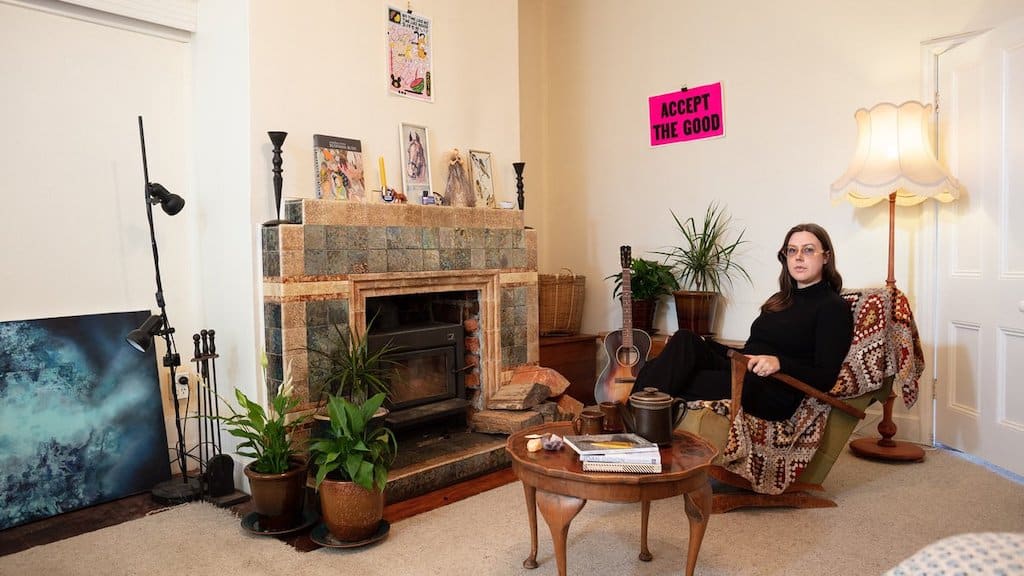
Richard – My impression is that the content of your songs is not necessarily literal but it captures your mood. Is that fair?
Nadia – I would hate to be taken literally all the time. I don’t know how to answer that.
Richard – Perhaps I can put it another way. What’s it like to have everyone you meet think they know you through your music?
Nadia – I can’t really think about that. I don’t dare to give that any thought because I think it would be too much. It’s sort of like I want to write music and perform and have my own experience, and I want others to have their own experience. I love to know people have enjoyed themselves but I don’t want anything more than that. I don’t want to be too literal, I don’t want to give too much away. This is just my interpretation of being a human, and this is my take on it, and that’s it. I’ve been thinking a lot, because I’m about to go into more interviews with the new record [Out Of My Province, released in March 2020]. I’ve been thinking about how I’m going to approach it. I used to get really anxious about being asked about meaning – what do you mean? – and that stuff. I want to write music and play music and put records out; I want people to think for themselves and take what they… I’ve gone off on a tangent.
Richard – Do you care about misinterpretation of your lyrics? It sounds like you’re not really fussed.
Nadia – I remember one of the first bits of large press I got in Pitchfork. I remember feeling deeply misunderstood by that writer, whom I’ve since met. She sort of painted me as a down-on-love bitter ex, burnt lover, and for a moment I thought, ‘Oh damn it, she just hasn’t got it.’ That was years ago, and now I don’t really care any more. Whatever, I want them to take whatever they want.
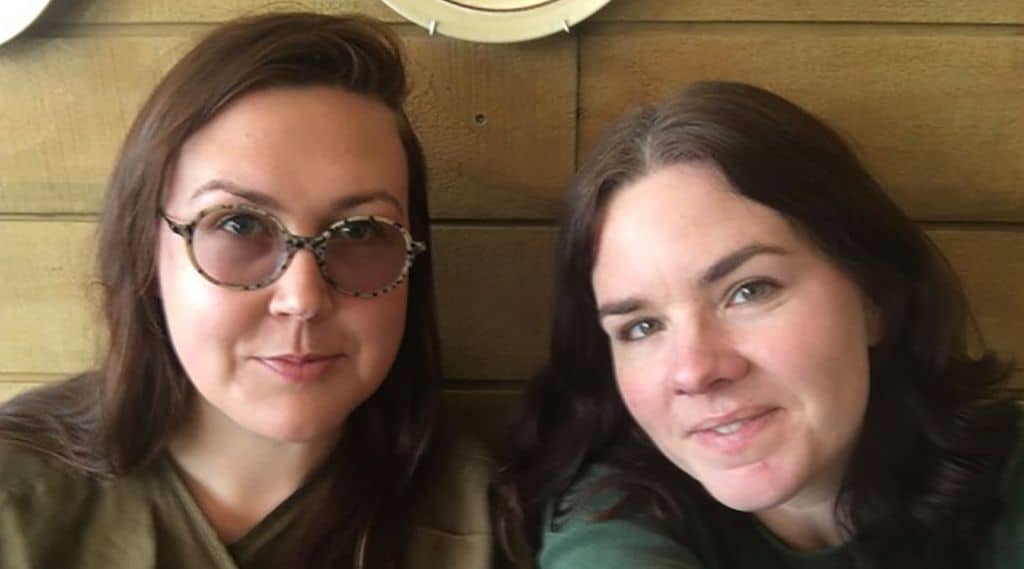
Richard – She unfairly misrepresented you but do you recognise, given your music, why she would have thought that?
Nadia – Potentially, yeah [laughs]. And that’s the thing, today as an artist I don’t think I would care because I’ve grown a little, and also because it was my first taste of a journalist taking my art and writing… It was my first taste of that on a large scale and I got a bit protective, perhaps.
Richard – That sounded like a warning [laughs].
Nadia – Yeaaah. Hmm.
Richard – The way you perform is very flexible: solo, with Sam Taylor, with a full band. Do you have a preference?
Nadia – I’m really enjoying the band at the moment, just the wider scope. We can bring it down and expand it out. But I think a lot of that is from playing solo and with Sam for so long, and now the budget allows us to have more people. I’ve just added another member. I’m excited about having the luxury to have more people. Anita Clark, she’s a wonderful singer and violin player.
Richard – Are you at the point where you’re able to sustain a full-time band?
Nadia – I think with a good mixture of projects that are just me and projects that are the band and other things I think I’ve had a really good couple of years of making it work. Hopefully it’ll just keep, not increasing so there’s heaps of us, but having the luxury to play with more people.
Richard – You mentioned collaboration and you don’t necessarily see yourself as a natural collaborator, but Sam Taylor is absolutely perfect for your songs. What was the secret to finding that perfect foil?
Nadia – That came through my first drummer, Joe McCallum, when I was living in Christchurch. I was looking for a guitar teacher in Auckland. I was moving up there and Joe said, ‘I know a guy from jazz school,’ and he put me in touch. My bass player, Richie Pickard, knew Sam too. So I was going to approach Sam about lessons, which we never did. Then Richie and I roped him in for a gig in New Plymouth as a trio, in 2010 or 11. We’ve played so much now. I don’t know what it is, he’s kind of obsessed with playing his guitar; he’s so in tune with his instrument, he’s so good at what he does. There’s a huge amount of trust and friendship and respect, I’m very lucky to have him. I call him my translator, because as I mentioned, I’m musically illiterate, so he does all my translating.
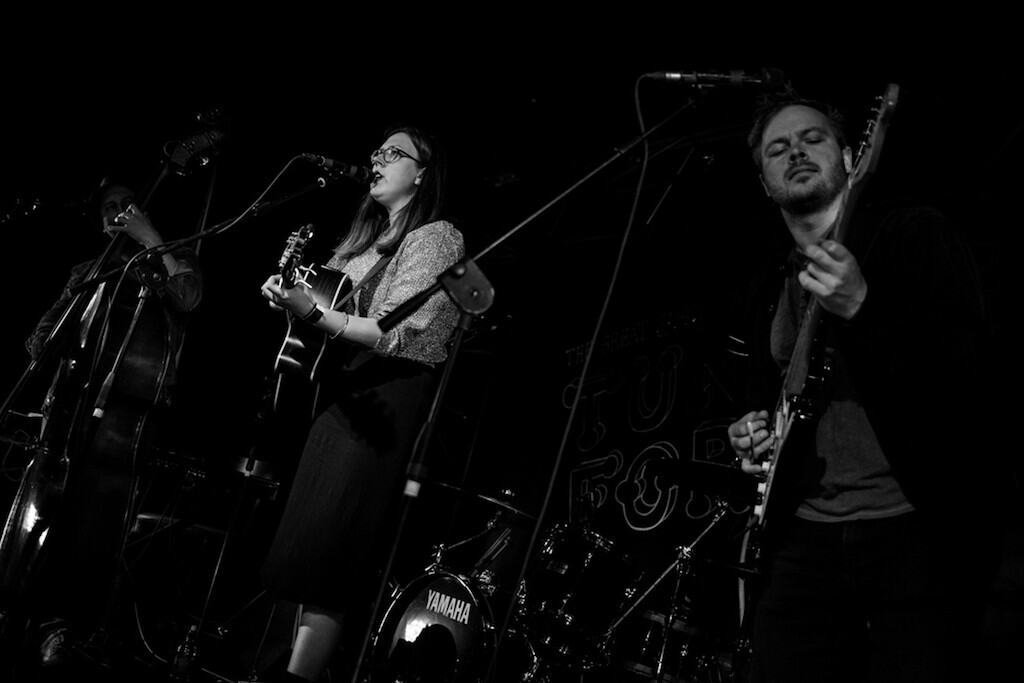
Richard – You namecheck a lot of places in your songs. Is place important to you?
Nadia – Very much. I’m not even sure how to talk about it, but often when I’m performing a song, I have a very strong connection to the place I was when I wrote it, so it’s sort of like a weird memory thing. I’m not even sure what it is but I’m very sensitive to my environment when writing. At the moment I’m trying desperately to go away for a week to a place just outside Oamaru called Kakanui, because I feel like I have to go there to write; I can’t sit in my lounge and write. It’s really annoying but it’s kind of my formula. The way I wrote a couple of songs off the new record was I went to a little town in Italy for a week on my own and tried to write a few songs and did. It would just be nice to write here in my house, but it doesn’t work like that.
Richard – Your songs also speak about home a lot. What is home to you?
Nadia – On one hand home is the place I grew up, so it’s Port Chalmers and the streets of Port Chalmers. I intimately know this little town because it’s where I did a lot of my growing. Frank Sargeson or Janet Frame said we really only get to know one place in this world intimately and that is where we do our early growing, so that intimate knowing of a little town. And then on the other hand home is also wherever my body and mind and soul feel at peace. That probably sounds a bit hippy-dippy but I think we can also make our home.



